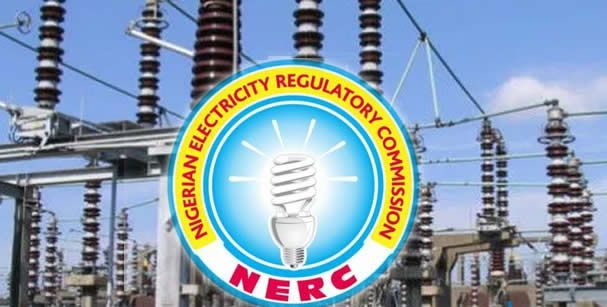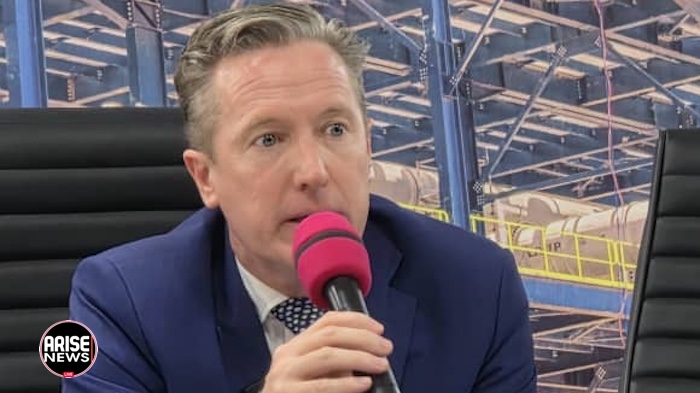
Despite the billions invested in Nigeria’s electricity industry over the years, the country’s national grid continues to struggle with inefficiency, recording an average loss of 4,091 megawatt-hours per hour (MWh/h) in September 2025 due to transmission constraints.
This was disclosed in the September 2025 Operational Performance Factsheet released by the Nigerian Electricity Regulatory Commission (NERC) on Thursday.
According to the regulator, the Plant Availability Factor (PAF) stood at just 38 percent, meaning that out of 13,625 megawatts (MW) of installed generation capacity, only about 5,200MW was available for dispatch to the national grid.
While the Average Load Factor a measure of how much of that available energy was actually transmitted stood at 78 percent, NERC said it translated to a loss of roughly 4,091MWh/h of potential generation capacity.
The report named Zungeru, Egbin, Kainji, and Jebba power plants as the top energy producers during the month, collectively contributing the most to total generation output.
FG Moves to Restore Financial Stability with N4 Trillion Debt Bond Plan
In a related development, the Federal Government has moved to stabilise Nigeria’s electricity market and rebuild investor confidence with the implementation of the Presidential Power Sector Debt Reduction Plan, a major reform aimed at clearing legacy debts in the industry.
Approved by President Bola Tinubu and endorsed by the Federal Executive Council (FEC) in August 2025, the framework authorises the issuance of ₦4 trillion in government-backed bonds to settle verified arrears owed to generation companies (GenCos) and gas suppliers.
The plan seeks to address the long-standing liquidity crisis that has undermined investment, weakened utility balance sheets, and limited the country’s ability to deliver reliable power supply.
Business leader Tony Elumelu, Chairman of Heirs Holdings and Transcorp Power, described the initiative as a long-awaited lifeline for the sector.
“For the first time in years, we are seeing a credible and systematic effort by government to tackle the root liquidity challenges in the power sector. We commend President Tinubu and his economic team for this bold and transformative step,” Elumelu said.
Energy Adviser: Reforms Aimed at Sustained Delivery, Private Sector Confidence
Special Adviser to the President on Energy, Olu Verheijen, said the government’s focus is now on creating sustainable market conditions that attract investment and ensure efficient service delivery.
“Our focus is on creating the right conditions for investment from modernising the grid and improving distribution to scaling embedded generation,” Verheijen stated.
She added that ongoing reforms would address metering gaps, ensure tariff alignment with efficient costs, improve subsidy targeting for the poor and vulnerable, and restore regulatory trust.
“We are shifting from crisis response to sustained delivery and building the confidence needed to attract large-scale private capital,” she said.
Background: Sector Still Faces Structural Weaknesses
Despite reforms under the Electricity Act 2023 and increased private sector participation, Nigeria’s grid remains plagued by structural inefficiencies including poor infrastructure, gas supply shortfalls, and weak distribution networks.
Industry stakeholders have long argued that the liquidity crisis, estimated at over ₦4 trillion, continues to deter investment and limit the grid’s ability to deliver stable power across the country.
With the new debt reduction framework now in motion, analysts say its successful implementation could mark the most significant financial reset for the sector since privatisation in 2013.



